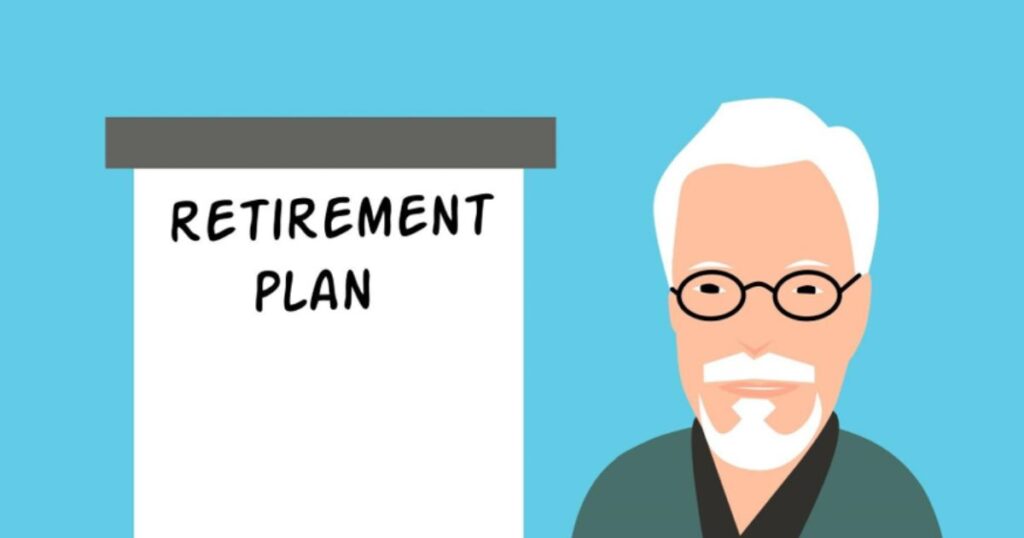Retirement is a milestone that many of us look forward to. It promises freedom, relaxation, and the chance to focus on hobbies and passions that might have been sidelined during our working years. However, the transition into retirement can also bring uncertainty, especially regarding finances. Planning for this phase of life is critical to ensure you maintain a comfortable lifestyle. Whether you’re decades away from retiring or just a few years shy, following a strategic approach is key to enjoying your retirement to the fullest.
Below, we’ll explore essential steps to help you prepare for a financially secure and fulfilling retirement.
Assess Your Financial Situation
Analyze your assets, debts, income, and monthly expenses. Knowing where you stand financially will give you a starting point for determining what you need to do to achieve your retirement goals. This assessment should include everything from your savings and investments to any outstanding mortgage or loans that must be cleared before you retire.
Once you fully understand your financial situation, you can begin making decisions about where adjustments are needed. For instance, you may need to increase your savings rate or find ways to eliminate debt. By having a clear financial snapshot, you can make realistic retirement plans that match your lifestyle and goals.
Plan for Healthcare Costs
Healthcare is often an overlooked aspect of retirement planning, but it’s one of the most important. As we age, healthcare needs increase, and medical expenses can take a significant chunk out of our retirement income. To avoid financial strain later, it’s essential to anticipate and plan for future healthcare costs by factoring them into your overall retirement strategy.
While many retirees in New Zealand rely on public healthcare services, it’s important to understand that not all treatments or services may be fully covered. Therefore, having additional savings or private health insurance can help cover unexpected or specialized medical costs. Coupled with your healthcare plan, it’s also vital to understand how much you’ll receive from superannuation in New Zealand, as this government benefit will form part of your overall retirement income. By planning early, you can ensure that both your healthcare needs and general living expenses are adequately covered.
Estimate Your Retirement Income
A key part of retirement planning is determining how much income you’ll have once you stop working. In New Zealand, many retirees rely on New Zealand Superannuation, which provides around $511 per week after tax for a single person living alone and $788 per week combined for couples. Understanding how much you’ll receive from this government benefit is crucial for assessing how much additional income you’ll need to meet your expenses.

However, Superannuation alone may not be enough to support the lifestyle you want in retirement. You must consider other income sources, such as personal savings, KiwiSaver, and investments. Creating a retirement plan that combines government support with additional savings will ensure greater financial security in your later years.
Diversify Your Investments
Diversifying your investments is crucial for financial stability in retirement. Relying on a single income source, like a savings account or pension, is risky due to economic shifts or policy changes. Spreading investments across assets like stocks, bonds, and real estate reduces risk and boosts long-term growth potential.
It’s a good idea to consult a financial advisor to review your portfolio and find investment options that match your risk tolerance and retirement timeline. The sooner you diversify, the more you can benefit from compounding returns, helping you build multiple income streams and safeguard your retirement.
Create a Debt Repayment Strategy
Carrying debt into retirement can significantly hinder your financial freedom. While some debt may be manageable, high-interest debts, such as credit card balances, can become burdensome once you no longer earn a full-time salary. Before retiring, developing a solid plan for paying off your debts is essential to reduce financial stress during your golden years.

Start by paying off high-interest debt like credit cards and personal loans. Consider refinancing to lower your interest rate for long-term debts like a mortgage. Reducing or eliminating debt before retirement helps stretch your savings and enjoy a debt-free lifestyle.
Define Your Retirement Lifestyle
Retirement is more than just leaving the workforce; it’s about stepping into a new phase of life. What do you want this next chapter to look like? Do you envision spending your days traveling, pursuing hobbies, or working part-time? Defining your retirement lifestyle will give you a clear vision of the financial resources needed to support that lifestyle.
Once you know how to spend your retirement, factor the costs into your financial plan. For example, travel may need more savings, while downsizing can lower expenses. Aligning your plan with your lifestyle ensures both financial security and personal fulfillment.
While these steps offer a roadmap to financial security in retirement, flexibility is key. Life can bring unexpected challenges, so staying adaptable and reviewing your plan regularly is important. By staying open and making adjustments, you’ll be better prepared for whatever retirement brings. Ultimately, a successful retirement is about more than savings—the quality of life you create.


More Stories
How To Protect Your Home Entertainment Appliances From Cyber Attacks
The Lighthouse Man: Bringing Coastal Charm to Your Home
How to Repair Your AC Unit: Crucial Tips to Follow